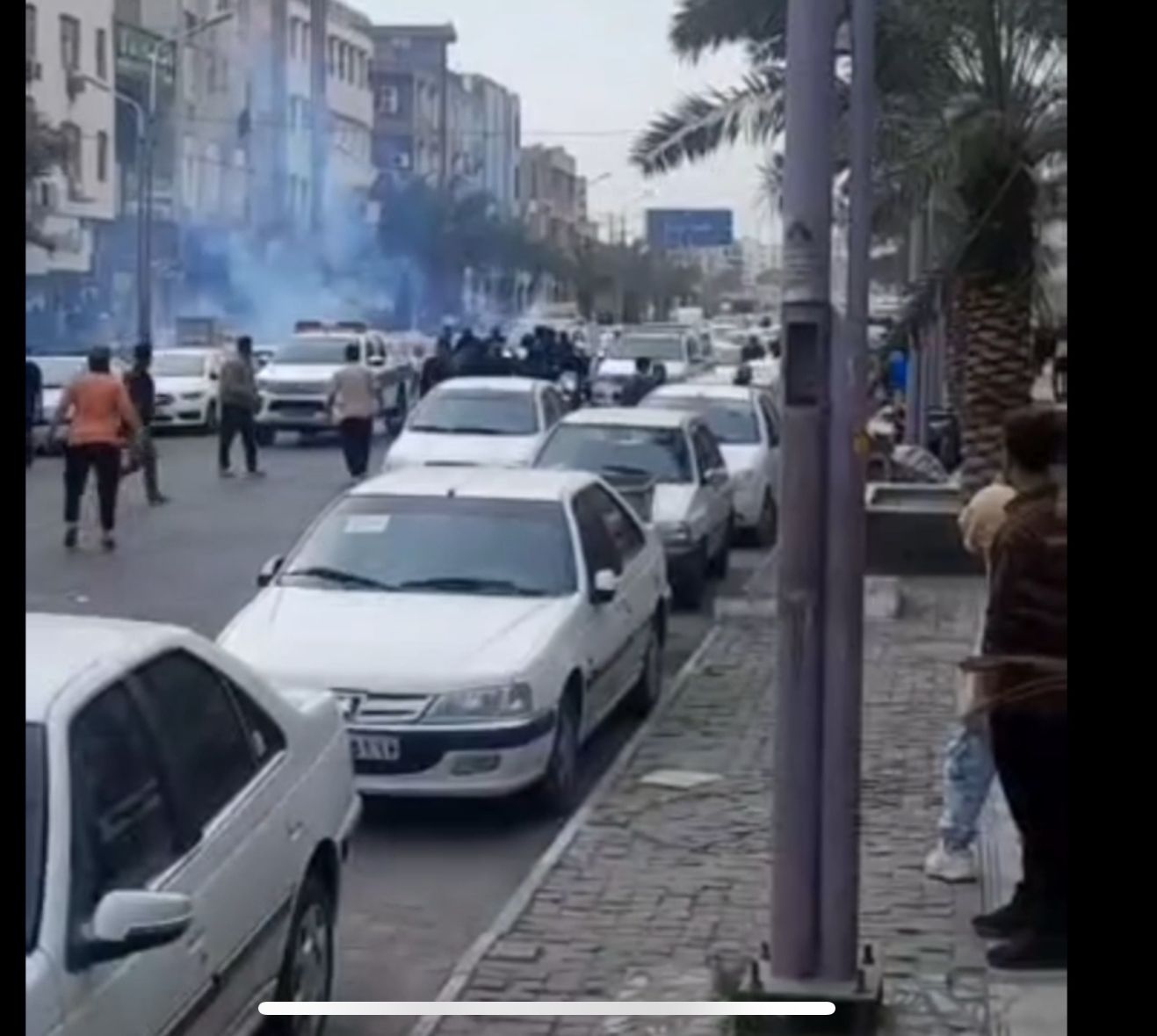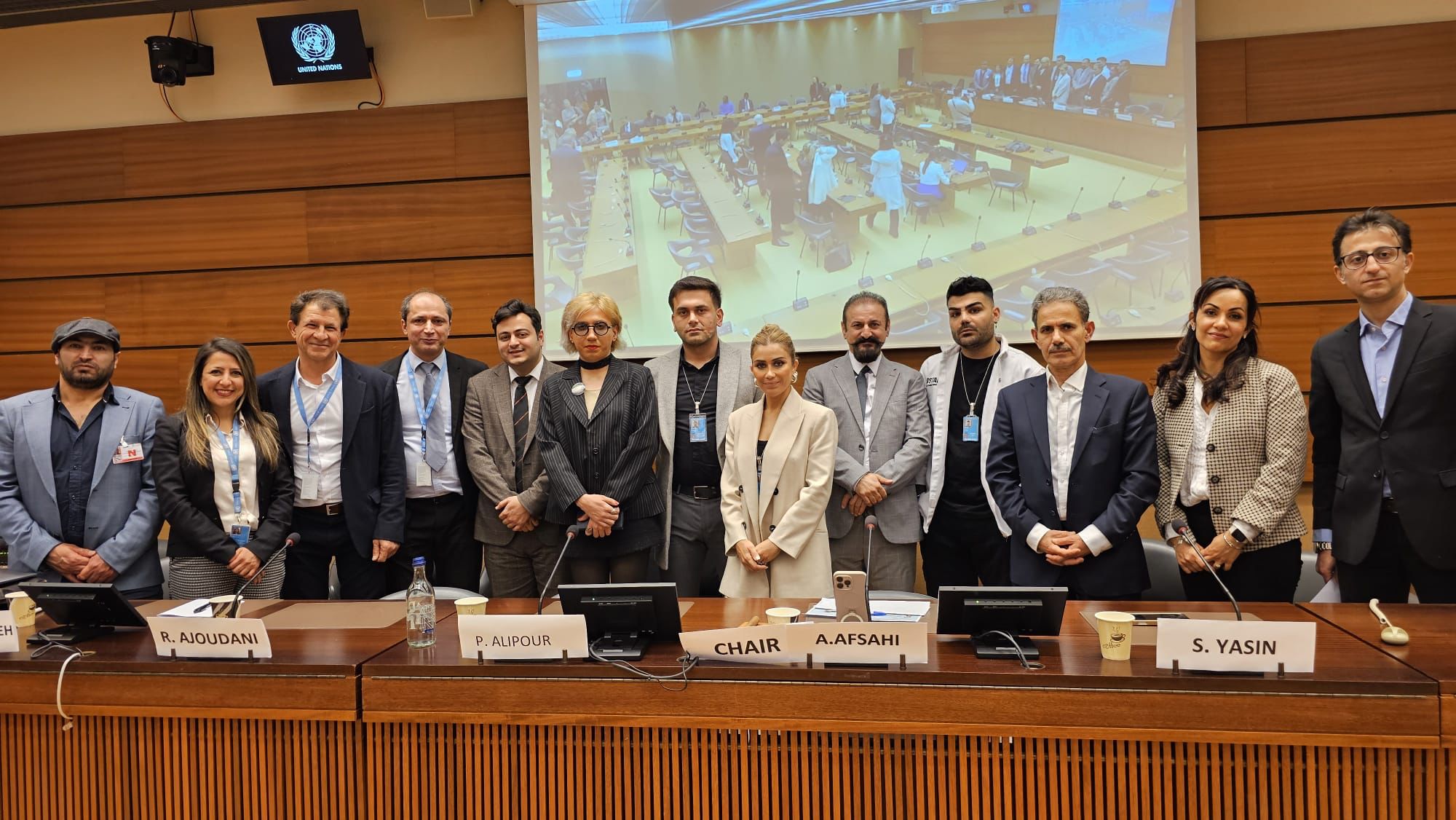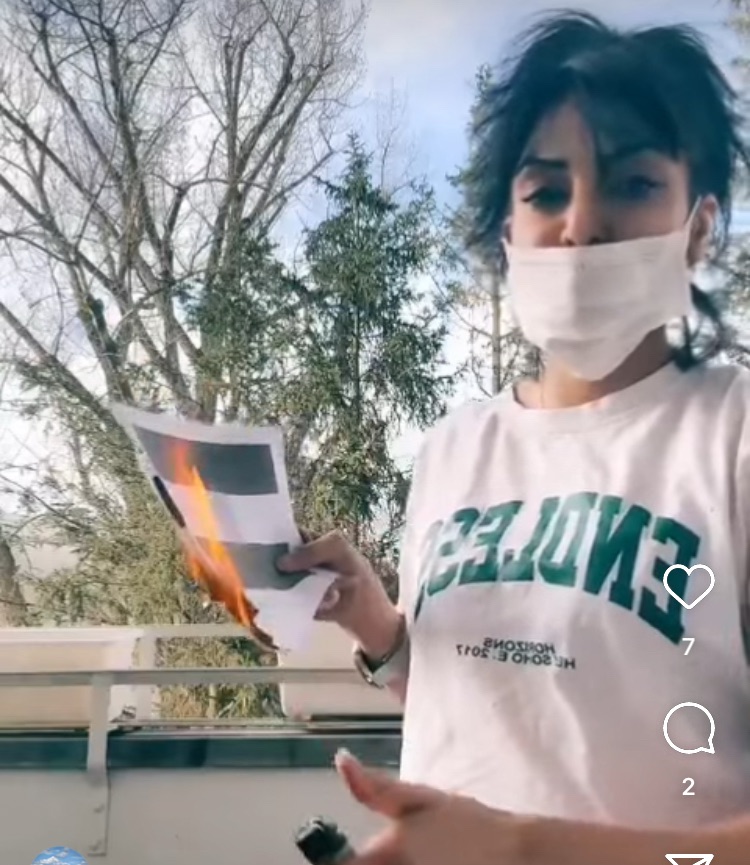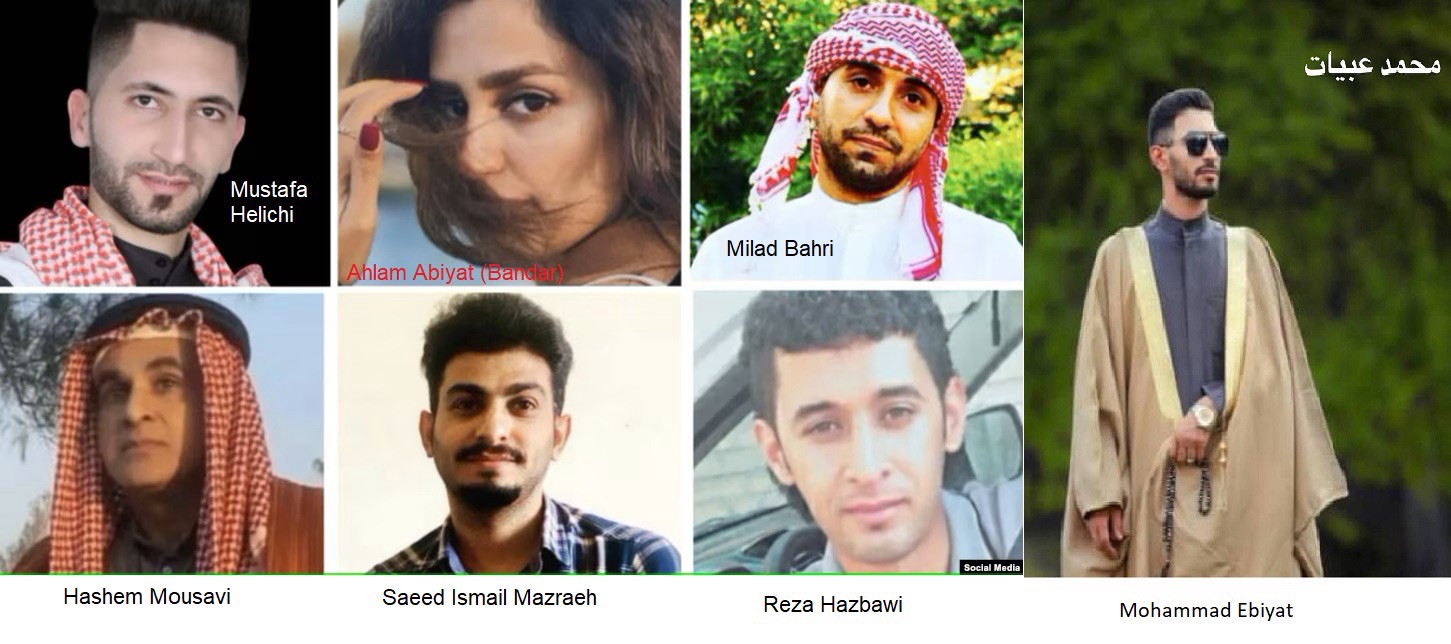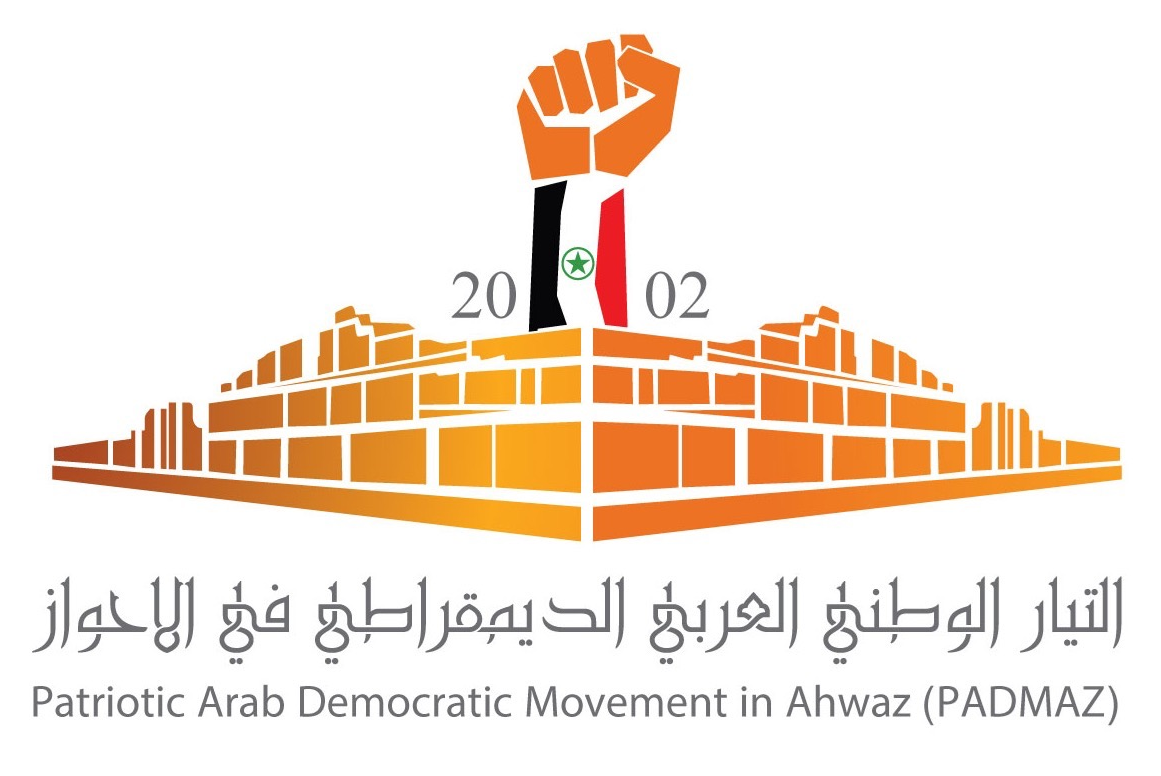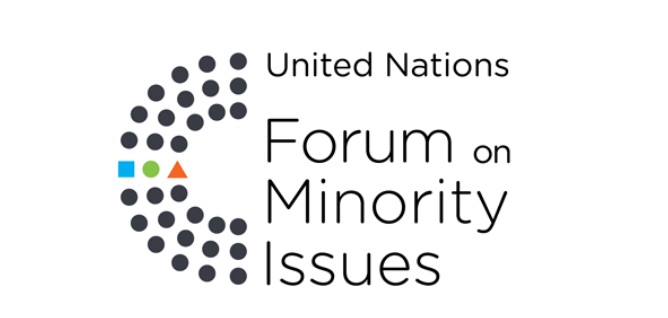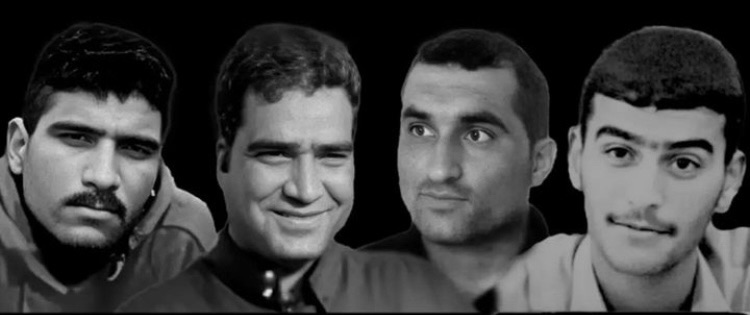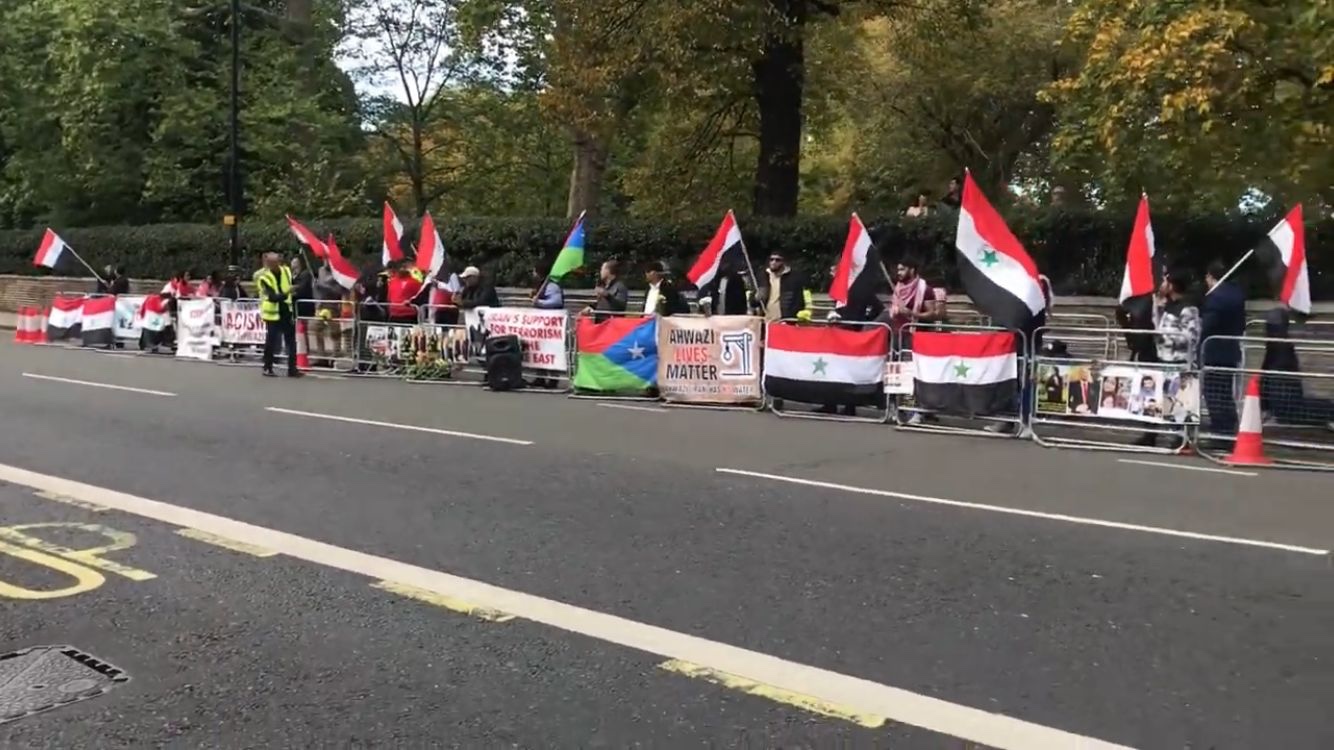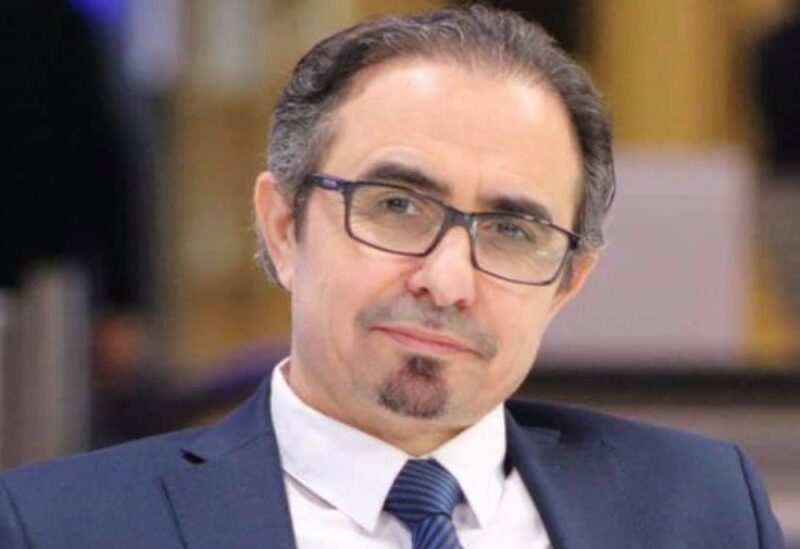Imminent Execution Looms for Four Ahwazi Arab Prisoners in Iran amid Human Rights Concerns
Ahwaz, — Four Ahwazi Arab men are facing imminent execution following a controversial legal process that has drawn widespread condemnation from human rights organizations and activists. The prisoners—Ali Mojadam, Moieen Khanafereh, Adnan Ghobeishawi (also known as Musawi), and Mohammad Reza Moghadam—were sentenced to death by an Iranian Revolutionary Court on February 14, 2023, under the charge of “enmity against God.” The case against them, marred by allegations of torture, forced confessions, and denial of due process, has raised serious questions about Iran’s adherence to international human rights standards.
Details of Arrests and Sentencing
The four men were arrested between January and March 2019 in connection with a series of protests and dissent against government policies affecting the Ahwazi Arab nation in Iran. Authorities detained the men along with eight other Ahwazi activists, accusing them of crimes against national security. Six of these detainees, including Ali Mojadam, Moieen Khanafereh, Adnan Ghobeishawi, Mohammad Reza Moghadam, Habib Deris, and Salem Mousawi were handed death sentences, while the remaining six were collectively sentenced to 70 years in prison.
Judge Sadegh Jafari Chegeni presided over the trial in Ahwaz, during which the prisoners were reportedly denied access to independent legal counsel. Their families and human rights advocates argue that the proceedings violated international fair trial standards, specifically Article 14 of the International Covenant on Civil and Political Rights (ICCPR), which guarantees the right to a fair trial and adequate legal defense.
Torture and Forced Confessions
According to reports from sources close to the prisoners, the detainees were subjected to severe physical and mental torture during their detention. Allegedly, this abuse was used to force confessions, which later served as key evidence in their trial. Such practices violate the United Nations Convention Against Torture (UNCAT), to which Iran is a signatory, as well as Article 7 of the ICCPR, which prohibits torture and other cruel or degrading treatment.

Recent Transfer and Forced Disappearance
The situation took a disturbing turn on October 15, 2024, when Iranian authorities transferred Mojadam, Khanafereh, Ghobeishawi, and Moghadam from Shiban Prison to Sepidar Prison. Since the transfer, their families have received no information regarding the men’s whereabouts or conditions, effectively rendering the prisoners forcibly disappeared. On October 20, 2024, family members held a protest outside Sepidar Prison, pleading for visitation rights, but authorities refused them access.
This practice of enforced disappearance contravenes several international human rights standards, including the Declaration on the Protection of All Persons from Enforced Disappearance, which obliges states to ensure transparency regarding detainees’ locations and conditions. The lack of information has heightened concerns for the men’s safety and well-being, especially given the immediate risk of execution.
International Law and Calls for Intervention
The treatment of the Ahwazi prisoners contravenes multiple provisions within international human rights law. Under Article 6 of the ICCPR, the death penalty is reserved only for the “most serious crimes,” typically involving intentional killing, not for charges like “enmity against God.” Additionally, the denial of due process, allegations of torture, and ongoing forced disappearance further highlight Iran’s disregard for its obligations under the ICCPR and UNCAT.
Human rights organizations have called on the Iranian government to halt the executions immediately, grant fair retrials, and allow access to legal representation and family contact. The United Nations Human Rights Council, along with other international watchdogs, are urged to intervene to ensure the safety and fair treatment of the Ahwazi prisoners. Human rights advocates emphasize that Iran’s treatment of these individuals violates their fundamental rights, calling on the international community to pressure Iranian authorities to stop these executions.
Widespread Condemnation and Growing Tensions
The impending executions of these four Ahwazi men underscore the longstanding tension between the Iranian government and its Ahwazi Arab, who have faced decades of marginalization and discrimination. Reports of forced disappearances and unlawful detentions among non-Persian nations, including the Ahwazis, Balochis, Turks, and Kurds, have drawn increasing global scrutiny.
As the families and communities of these prisoners continue to push for transparency and justice, the case has become emblematic of the broader human rights challenges within Iran. The international community’s response in the coming days will be critical in determining the fate of Mojadam, Khanafereh, Ghobeishawi, Moghadam, and others facing similar persecution in Iran.
Calls to Action
Advocates urge governments, human rights organizations, and UN bodies to address the apparent human rights abuses in Iran and to demand an immediate halt to these executions.
With time running out, intensified international intervention is essential to protect the lives of these prisoners and promote justice and accountability within Iran’s judicial system.
On October 26, 2024, members of the Ahwazi community in the UK gathered in protest opposite the Iranian Embassy in London, decrying the forced disappearance of four Ahwazi Arab political prisoners in Iran. The protesters, holding Ahwazi flag , signs, photos of the prisoners and chanting slogans, called attention to the plight of Ali Mojadam, Moieen Khanafereh, Adnan Ghobeishawi, and Mohammad Reza Moghadam, who were transferred to an undisclosed location on October 15, 2024, with no information provided to their families about their whereabouts or condition. Organized to raise awareness of these human rights abuses, the demonstrators demanded immediate answers from Iranian authorities and intervention from the international community. This demonstration underscored the growing calls for justice and accountability, as participants condemned Iran’s treatment of non-Persian nations and urged global action to prevent the imminent execution of these prisoners.
This report will be updated as more information becomes available regarding the status of the four Ahwazi prisoners.

